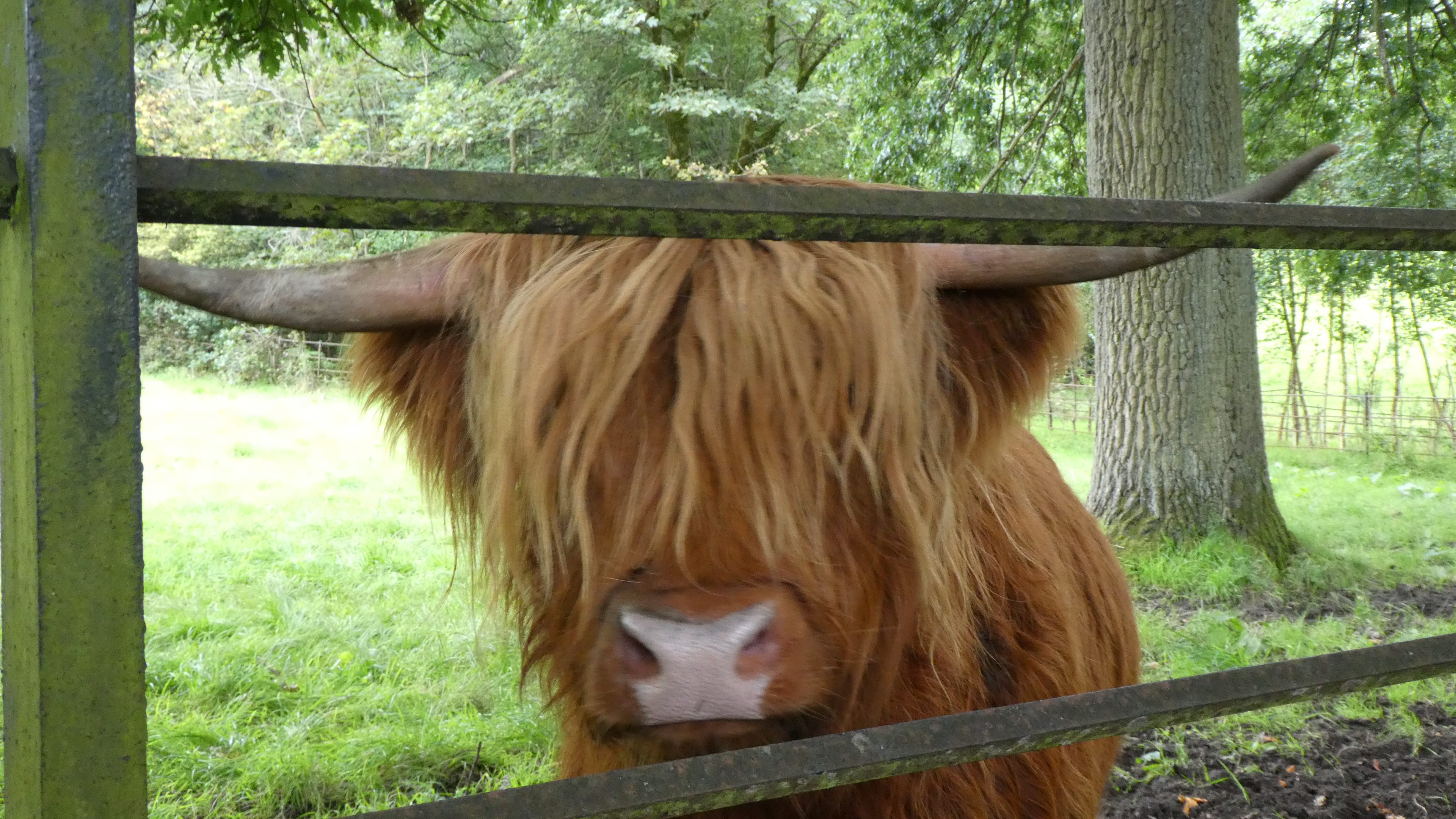2 min. read
When I was much younger and new to the work world, I met many opinionated people. At the time, I associated having very strong opinions with being smart. I assumed that they must be very knowledgeable to be so sure.
I wasn’t that knowledgeable. I would hear one side of an argument and be totally convinced. That is, until I heard the other side of the argument and was totally convinced again. It seemed that my opinion was solely based on the last piece of information I received.
I thought this made me wishy-washy and easily swayed. Seriously, for years I thought that if I were smarter, I would be capable of discerning which piece of information was absolutely right and sticking with it – no swaying.
I’ve slowly come to realize that having a flexible and open mind is not wishy-washy at all. In fact, being willing to refine what you think you know is what the scientific method is based on. It’s how knowledge is advanced.
The current Dalai Lama discarded the traditional Buddhist teachings that describe a flat earth because “one fundamental attitude shared by Buddhism and science is the commitment to keep searching for reality by empirical means and to be willing to discard accepted or long-held positions if our search finds that the truth is different.”1
Years ago, I cut out an article about the distinguished University of Toronto political science professor, Richard Simeon, because I loved that his students would sometimes call him “professor-on-the-one-hand and professor-on-the-other.”2 I loved that as one of Canada’s leading political scientists, Professor Simeon wasn’t described as wishy-washy, he was described as “fair, inclusive, curious and tolerant.”
So, do I still think that if I were smarter, I would know what was absolutely right? No. Now I tend to side more with Bertrand Russell when he said “in the modern world the stupid are cocksure while the intelligent are full of doubt.”3
1 The Universe in a Single Atom: The Convergence of Science and Spirituality, His Holiness the Dalai Lama
2 Magazine.UToronto.ca – Spring 2014
3 The Triumph of Stupidity, Bertrand Russell


I came to realize this in my younger years.I think we should be able to change opinions when new facts come along. Also look to who and where these new facts are coming from now.Are they reliable.
Definitely. Critical thinking and further investigation are always important 🙂 Thanks Joan.
Lisa,
Very timely and wise article!
Sylvia Sylvia Plester-Silk, RSW http://www.onpurposetransformations.ca 519.822.3776
Diamond Winner of 2021 Guelph Reader’s Choice Awards
On Sun., Oct. 31, 2021, 10:29 p.m. Insight – Clarity – Growth, wrote:
> Lisa Ivaldi posted: ” 2 min. read When I was much younger and new to the > work world, I met many opinionated people. At the time, I associated > having very strong opinions with being smart. I assumed that they must be > very knowledgeable to be so sure. I wasn’t that” >
Thank you Sylvia 🙂
Loved this. As an historian, one often comes across primary sources that tell a diametrically opposite story. What one learns is to look at the source critically. Where are the biases? Why did the author write it? What was going on in society when this document was written? In the end, what I came to learn in studying history is that it is about looking at a subject critically. It is not a question of it being right or wrong, good or bad. It is a question of understanding what is being said and why and how a person has come to this understanding. Where are the shades of gray?
Thank you Lisa.
Thank you for the thoughtful and insightful response Wendy.